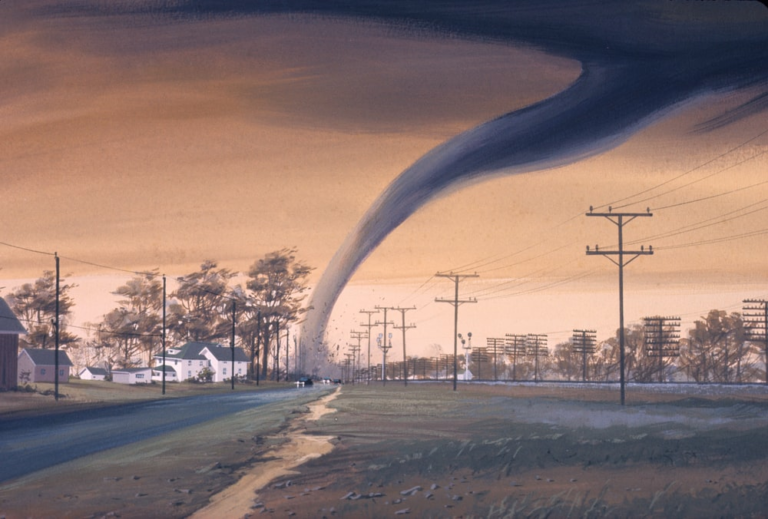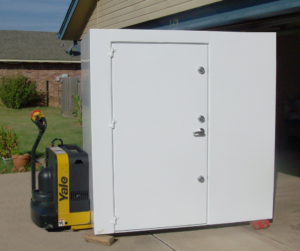From Dallas and Fort Worth to Texas, those from around the Hurricane and Tornado Alley know that one should always have a disaster plan, a nearby safe room, or a storm shelter to protect themselves from the extreme weather conditions. It can either be your basement, a nearby local shelter, an above-ground storm shelter, or even a custom safe room inside your house. At US Safe Room and Tornado Shelters, we’ve got the answers you need for all your questions regarding tornado storm shelters.
Are You at Risk of Getting Struck by Tornado’s & Other Extreme Weather Conditions?
![]() Some time or another, tornados have struck all the fifty states of America. However, some regions are more prone to getting hit than others. In the United States, Dixie Alley, which covers Southeastern America, and the Tornado Alley, which covers the Great Plain Region, are quite vulnerable to extreme weather conditions, based on FEMA wind zone assessments.
Some time or another, tornados have struck all the fifty states of America. However, some regions are more prone to getting hit than others. In the United States, Dixie Alley, which covers Southeastern America, and the Tornado Alley, which covers the Great Plain Region, are quite vulnerable to extreme weather conditions, based on FEMA wind zone assessments.
What Should You Consider Before Investing in a Storm Shelter?
If you’re still unsure about investing in a tornado storm shelter, ask yourself what you would do if the National Weather Service suddenly announced an urgent Tornado warning in your country. Will you have enough time to evacuate safely and find a local shelter for yourself and your pets? Ask yourself about the level of risk you’re willing to take and if you think it’s worth the loss you might incur.
How is a Residential Storm Shelter different from a Community Shelter?
The main difference is that the former is more private. From a more technical point of view, a shelter with an occupancy of +16 people is defined as a community shelter according to FEMA. In contrast, one with an occupancy rate of less than or equal to 16 is considered a residential storm shelter. According to FEMA and ICC, each occupant in a tornado storm shelter should have at least three square feet of space. This is how US Safe Room and Tornado Shelters builds custom storm shelters.
Is It Possible to Ride Out a Storm Without a Tornado Shelter?
Even if you’re willing to chance it, how exactly will you ride out a storm? RVs aren’t strong enough to withstand the force and strength of a tornado, and hence they’ll be unable to provide you with the protection you need when one hits near you. Let’s face it, we don’t belong to a family of superheroes who can outrun a storm, and as such, we need to find a solid, sturdy structure to keep us safe.
Even the relatively weaker ones within an EF 2 or an EF 3 range, tornados are known to demolish houses; however, at US Safe Room and Tornado Shelters, our storm shelters can withstand even an EF 5 tornado.
How to Learn More About US Safe Room and Tornado Shelters?
Reach out to us to learn how to protect yourself, your loved ones, and pets from tornadoes and other extreme weather conditions with our technologically advanced tornado shelters in Forth Worth and Dallas regions.










